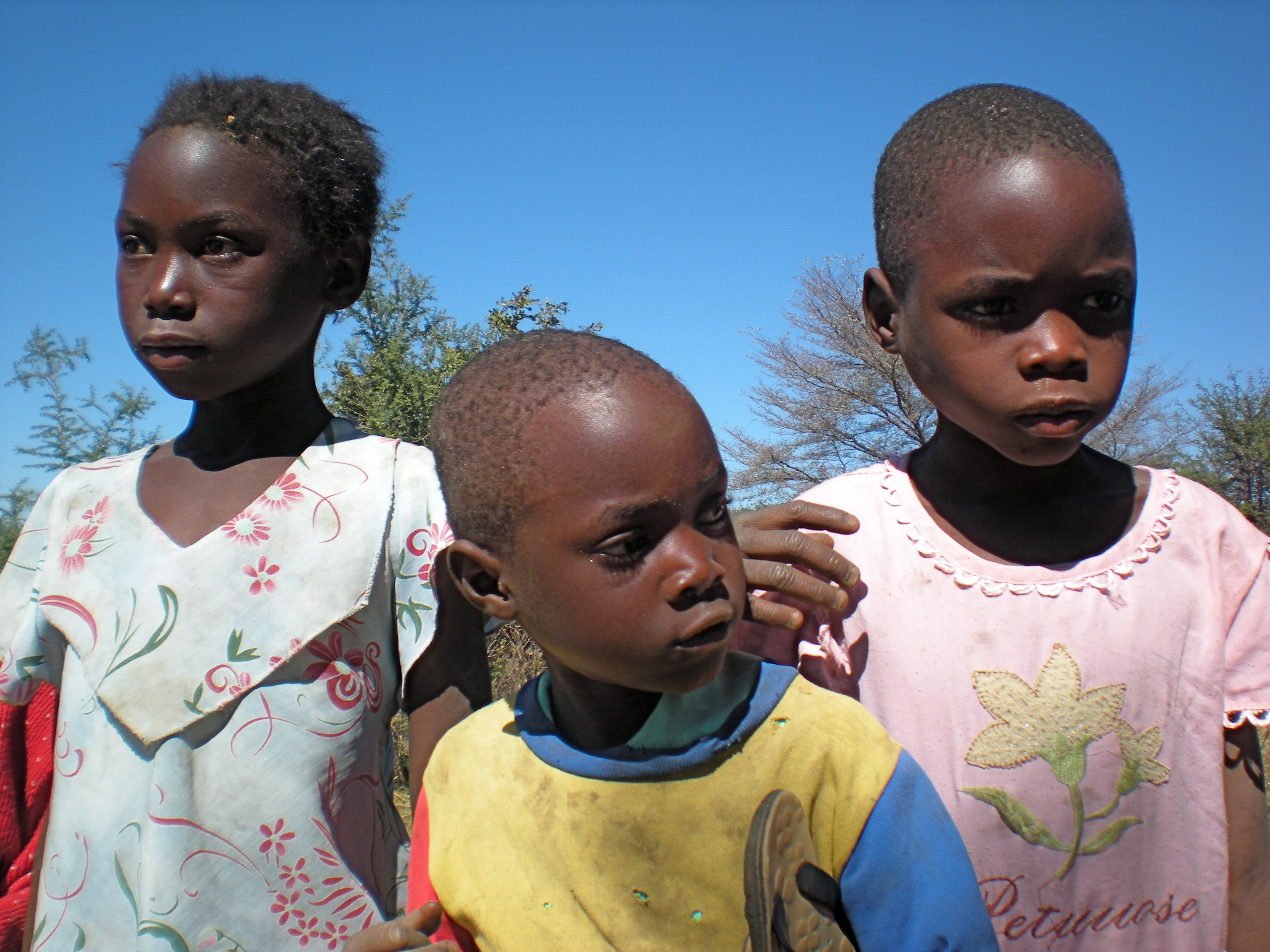I’m reposting this story in honor of World AIDs Day today.
Growing up as a kid in Texas, I remember trick-or-treating for UNICEF, an organization that helps at -risk children in developing countries. We collected donations instead of candy. All that seems so long ago. UNICEF never went away. At-risk children never went away.
Perhaps I lost sight of the cause once my own life got complicated.
My daughter’s passion for children orphaned by the AIDs pandemic focused my attention again.

According to UNICEF:
“About 29,000 children under the age of five – 21 each minute – die every day, mainly from preventable causes.”
The UNICEF website cites frightening statistics for the southern part of Africa:
“The number of children orphaned and made vulnerable by HIV/AIDS is projected to reach 25 million by the end of the decade, 18 million of them in sub-Saharan Africa. This, along with only modest progress fighting malaria, means the threats facing child survival are as grave as ever.”
I’m just now researching the United Nations Millennium Development Goals for 2015. Yes, I know. I haven’t been paying attention.
- End Poverty and Hunger
- Universal Education
- Gender Equality
- Child Health
- Maternal Health
- Combat HIV/AIDS
- Environmental Sustainability
- Global Partnership
Goal 6, combatting HIV/AIDS, directly relates to my daughter’s passion for the alarming number of children orphaned by the great killer. Projections point to 18 million parentless children in Sub-Saharan Africa by next year. These children must assume the parental role of finding food and caring for their siblings, forcing many to drop out of school.
In South Africa, the statistics on the number of individuals, of all ages, living with HIV/AIDs — simply staggering.
Everywhere we went during our time in South Africa, the topic came up. Parents are dying. If family members aren’t available to care for the children, the social services steps in. But often, the children slip through the cracks because their parents never informed the schools of their illness. The children simply stop coming to school. As we learned from our interview with the school principal in Soweto Township, she often serves as a detective/social worker at times, trying to determine where the child is, once he disappears from class.
I don’t know their individual stories to share with you, only the aggregate.
Just look into their eyes. I’ll let the children speak for themselves.
Previous post (and more pics) on Beth Beck’s Blog: http://bit.ly/bbAfricaAIDs




Leave a Reply
You must be logged in to post a comment.